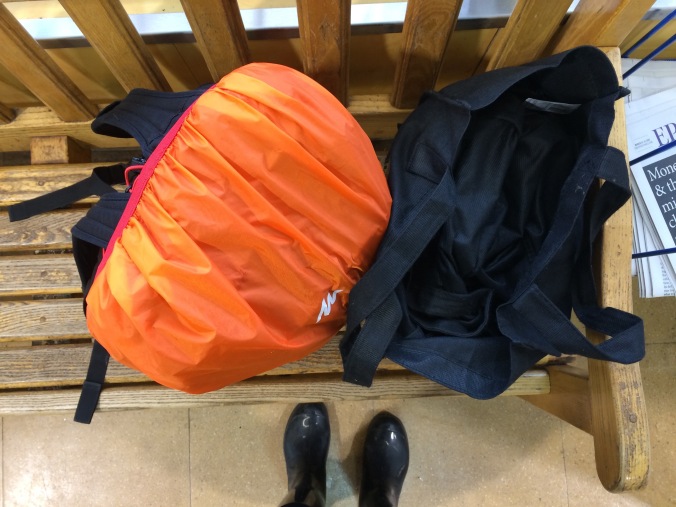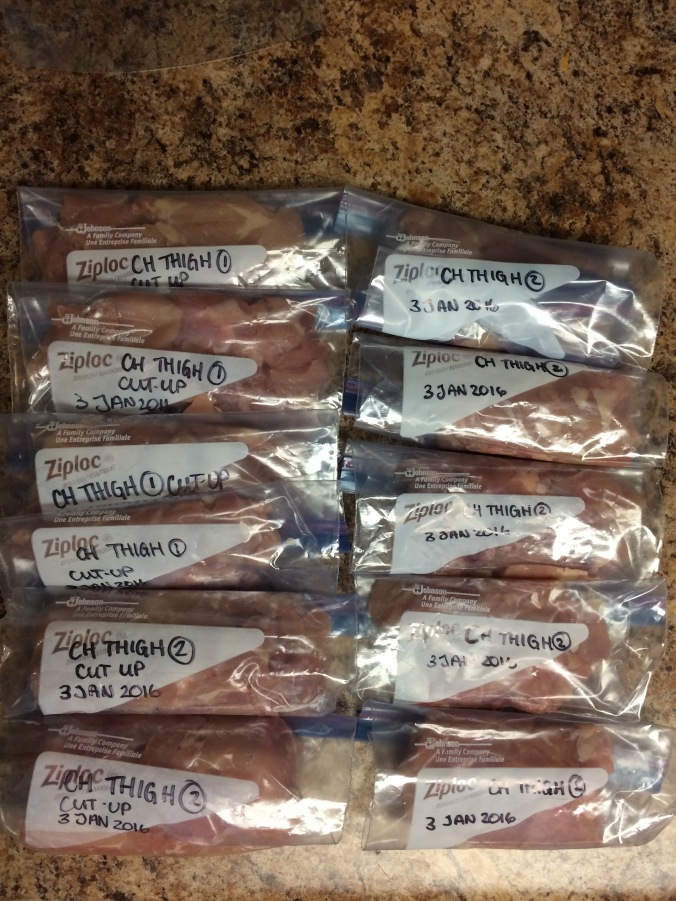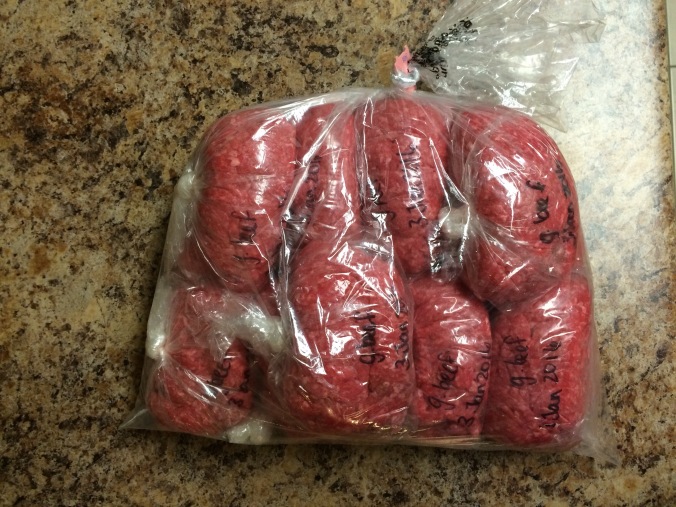Attention folks, The Queenstown Chronicles have officially moved into town… I mean, at least for a few days. At this point, however, I think a few days is all I can handle. Warning: Tonight’s blog post may be the kind dripping and oozing in fresh, melted mozzarella disguised as a casual pasta sauce.
We always watch movies that, at some point, usually use the saying, “There are ___ types of people in the world…” to describe how the protagonist fits into none of the categories mentioned. Prediction? Said protagonist is an anomaly to some type of rule. As much as some of us want to feel like we fit in and belong to somewhere or something, we also love to be one. An anomaly, I mean (don’t deny it). Where, you might ask, does this rambling anomaly talk come into play?
Well I’m going to start with that categorizing habit, just like in movies.
Category 1: The Unemotional Poker Face, also known as the Ice Queen
I like to think of myself as being an unemotional person at most times. I practice keeping emotions in check and keeping up my poker face, which, contradictory to the “unemotional” part of my category title, actually involves emotions. This nonchalant, casual attitude is the updated version of the teenager’s “I don’t care about the world.” A young adult “Ice Queen” does, in fact, care about the world, but has been burned too many times to commit to showing too many emotions. Emotions are felt at an intensity level of 50%, and anything beyond that is immediately pushed away. It’s the classic too-many-emotions-leave-dangerous-room-for-a-hurt-heart situation. But like, hey, we’re almost taken seriously as adults now, aside from that post-grad #yolo phase, involving Starbucks on a whim and shopping sprees when you meant to pay off student debt (or so I’ve heard).
On the flip side, having the ability to keep emotions in check has also paid off. It adds a level of rational thinking to an otherwise emotionally-charged situation. It opens up the possibility to distance yourself, or perhaps reconsider impulsive decisions. Am I trying to defend the infamous “Ice Queen” status? Maybe. Or maybe I’m trying to rationalize it.
Do you fit into this category? I know I sometimes feel as though I do.
Category 2: The Family’s Babied Baby, also known as the Youngest Child
There are couple kinds of “Youngest Child” children, two of which include, one, the child who is forgotten, and two, the child who is spoiled. I’m referring to the latter, with no hint of a complaint and every bit of gratitude. Although spoiled may be an exaggeration, or a harsh word, I mean to use the word in an endearing way. Being spoiled as the baby of a family means you feel as though you never fully grow up, or feel some kind of guilt when you try to, or in some ways, you never want to. Being spoiled involves being sheltered and constantly protected from the terrors of the world, as much as possible.
As a product of the “Family’s Babied Baby” situation, being spoiled also means that your parents stocked up your first apartment pantry with enough non-perishable food to support all of the residents in your apartment building in the event of a zombie apocalypse. It means six different kinds of tomato sauce, two different kinds of Greek yogurt, small bottles of all the authentic Chinese cooking essentials, and most importantly, Costco-sized bags of ground meat, chicken breasts, and deboned chicken thighs, (all in labelled, dated, individually-portioned Ziploc bags, and double bagged to protect against freezer burn, of course).
Do you fit into this category? I will not insult your intelligence and bother writing if I believe I do.
So, let’s go back to the common movie phrase and how the protagonist does not fit into any of the categories. However, rather than believing I do not fit into any category and thinking of myself as an anomaly, I consider myself to fit into both Category 1 and Category 2. As much as I want to think of myself as an anomaly to the “little-girl-feels-alone-in-a-new-city” pattern, I realized today that I am not. I had this grand idea, based on my fortunate and recent experiences of travelling alone, that I would be able to handle being left alone in a new city. The idea involved:
- Excitement, once my family headed home, since my fridge and cupboards were fully stocked,
- Curiosity, to explore a new city by myself, as I thoroughly enjoyed doing while travelling alone,
- Some kind of confident, explorer-feeling, like travelling.
Fitting into both categories makes me realize that I am not any different than the movie protagonist who fits in no category. Movie protagonists are designed to be relatable on multiple levels to many different kinds of people. Vague statement, I know. But if you think about it, relating to the uncategorized movie protagonist really does induce a sense of belonging. At least, in a new city with no friends, no family, and no school community (since it’s August and I’m an early-bird, but not in the morning-person understanding of the phrase), I belong to some kind of vast, global community of young adults (rather than the fresh, young, average 18-year old first year student) experiencing the realization we are not quite as independent and fearless as we thought.



